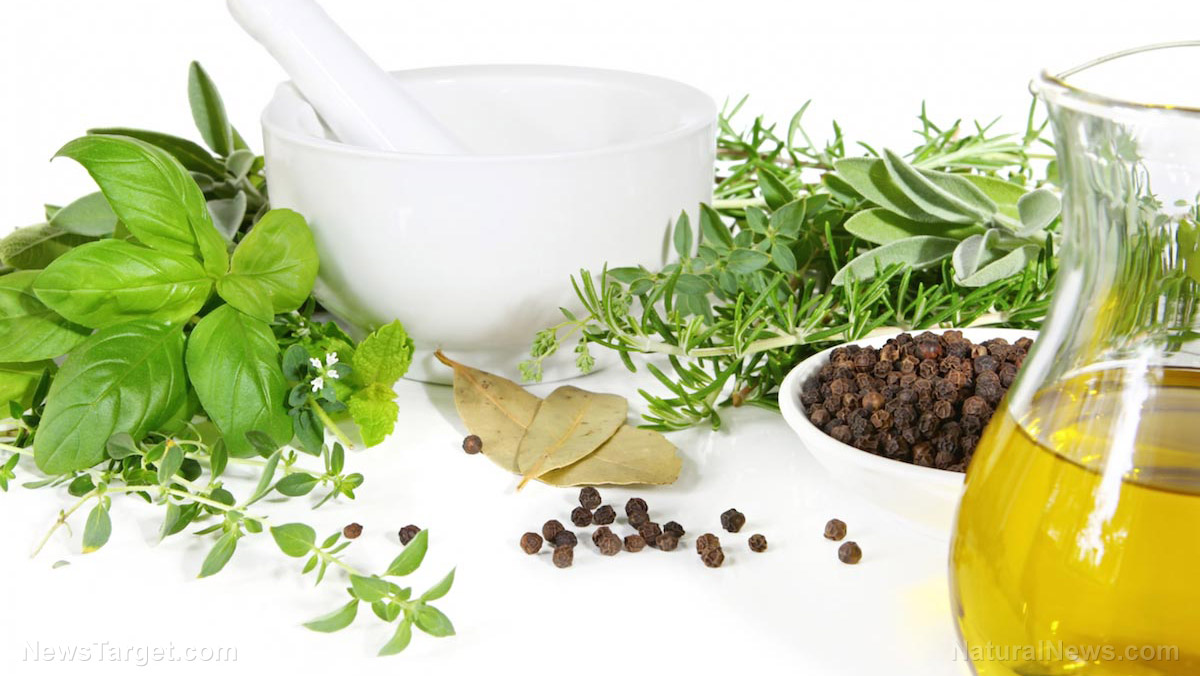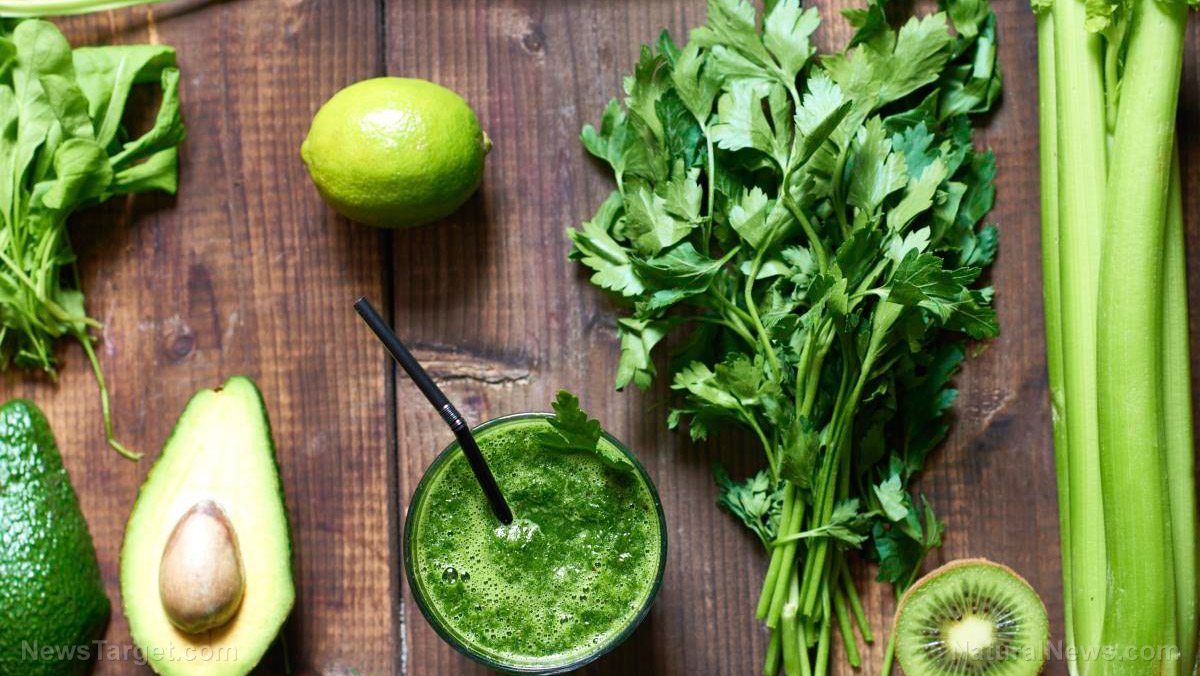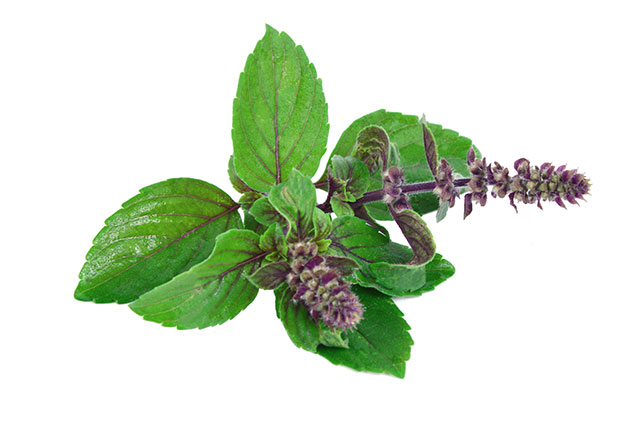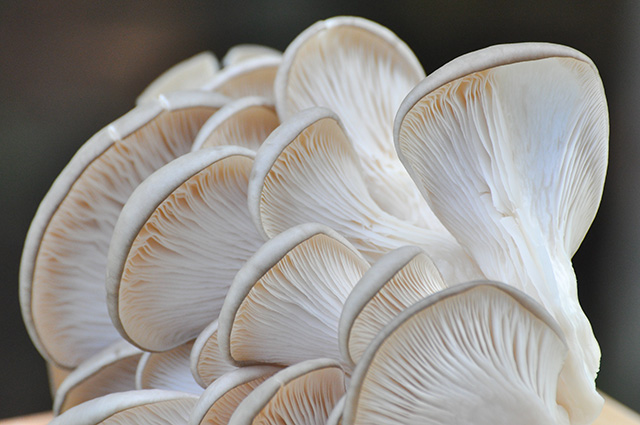Consuming tomato nutrient complex can lead to significantly reduced blood pressure
07/14/2020 / By Divina Ramirez
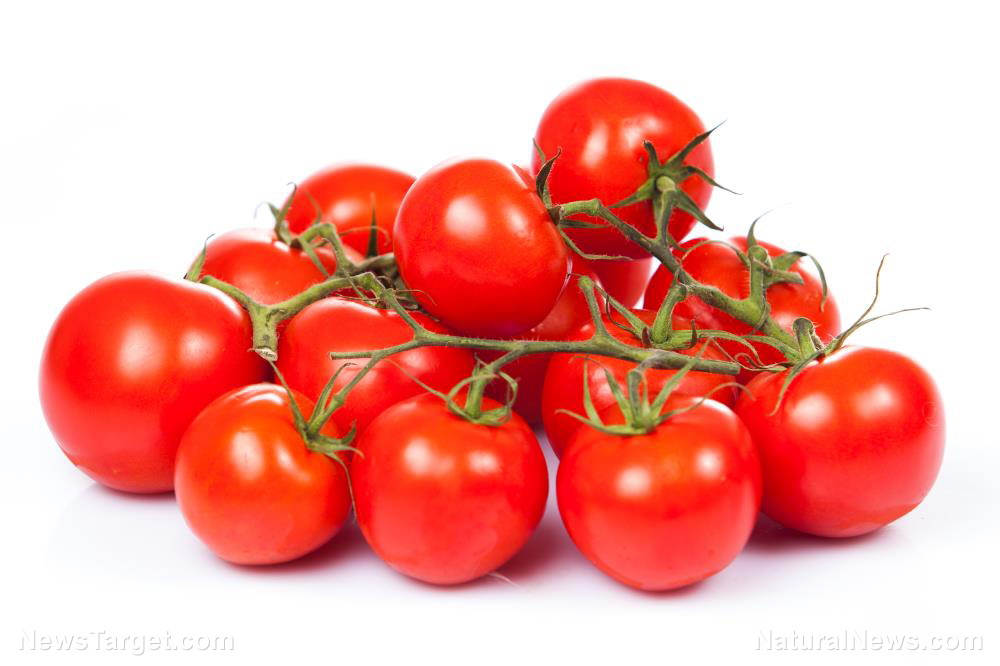
Consuming a tomato nutrient complex that contains at least 15 mg of lycopene and other beneficial plant chemicals results in reduced blood pressure, according to a recent double-blind, randomized dose-response study.
Published in the journal Nutrients, it revealed that tomato-based lycopene, a carotenoid and the natural pigment responsible for the bright red skin of a number of fruits, can help protect against high blood pressure better than synthetic lycopene.
In fact, consuming the same dose of synthetic lycopene resulted in no significant changes to blood pressure, according to a team of researchers from Ben-Gurion University of the Negev in Israel and Lycored, a science-based nutraceutical company that also funded the study.
Tomato nutrient complex can help reduce blood pressure
Emerging research suggests that oxidative stress due to unstable molecules called free radicals is related to a significant increase in blood pressure. High blood pressure (hypertension) is a major risk factor for heart disease and its complications, including heart failure, heart attack, stroke and sudden cardiac arrest.
Current studies indicate that carotenoids in tomato, such as lycopene, phytoene and phytofluene, act as potent antioxidants to inhibit inflammation and protect against cellular damage. Lycopene, in particular, is linked to a number of health benefits, including disease prevention and protection.
In this double-blind, randomized and placebo-controlled experiment, the researchers determined to find effective doses of tomato nutrient complex to regulate blood pressure in hypertensive individuals.
Lycored, the company funding the study, noted that this experiment is the fourth in a series of human clinical trials meant to test the potential benefits of their tomato nutrient complex for cardiometabolic health.
To test the efficacy of the tomato nutrient complex, the team gathered 61 participants aged 35 to 60 years. Each participant had to have an elevated systolic blood pressure of 130 to 140 millimeters of mercury (mmHg) at the time of the trial.
The team then assigned participants at random capsules containing tomato nutrient complex, pure synthetic lycopene or a placebo every day for eight weeks. The tomato nutrient complex capsules could contain five, 15 or 30 mg of natural lycopene, alongside other tomato-based plant chemicals.
At the end of the trial, the team found that participants who took the tomato nutrient complex with either 15 or 30 mg of natural lycopene experienced significant reductions in their systolic (10 mmHg) and diastolic blood pressure (5 mmHg).
On the other hand, participants who received the tomato nutrient complex with 5 mg of lycopene, as well as those who received the synthetic lycopene and placebo had no significant changes in their blood pressure readings at the end of the trial.
Based on their findings, the team suggested that other carotenoids in tomatoes might also be behind the success of the tomato nutrient complex capsules that contained 15 and 30 mg of lycopene. That said, the team noted that 100 g of tomatoes provide just 2.5 to 4 mg of lycopene.
Therefore, hypertensive individuals should consider eating other foods rich in lycopene, such as guavas, grapefruits and persimmons, and taking lycopene supplements to reduce their blood pressure by a significant amount. (Related: High consumption of lycopene-rich foods improves cardiovascular health.)
Other health benefits of lycopene, a potent antioxidant
Lycopene can be found in different fruits and vegetables, but tomatoes are among the richest sources. Besides regulating blood pressure, lycopene is also hailed for its other reported benefits for heart health and skin health, among others.
Here are some of the other science-backed health benefits of this potent antioxidant, according to a 2010 review published in the Annual Review of Food Science and Technology:
- Fights cancer – Multiple studies have linked lycopene to cancer prevention because of its incredible antioxidant profile. Lycopene, in particular, has been found to inhibit the spread of cancer cells and combat cancer-causing agents.
- Reduces the risk of cardiovascular disease (CVD) – Besides regulating blood pressure, lycopene also helps eliminate bad cholesterol that might clog the arteries. Both of these effects contribute to better heart health and a reduced risk of CVD.
- Protects against sun damage – Lycopene also works alongside other plant compounds in tomatoes to protect the skin from sun damage, thus keeping it free from dark spots, fine lines and other blemishes.
Lycopene and other carotenoids in tomatoes help reduce blood pressure and promote optimal heart health. Eat tomatoes and other lycopene-rich foods as part of a balanced diet to keep high blood pressure and heart disease at bay.
Sources include:
Tagged Under: #nutrition, alternative medicine, anticancer, biomedical research, disease treatments, food cures, food is medicine, functional food, heart health, lycopene, natural cures, natural ingredients, natural medicine, nutrients, organics, tomatoes
RECENT NEWS & ARTICLES
FoodIsMedicine.com is a fact-based public education website published by Food Is Medicine Features, LLC.
All content copyright © 2018 by Food Is Medicine Features, LLC.
Contact Us with Tips or Corrections
All trademarks, registered trademarks and servicemarks mentioned on this site are the property of their respective owners.





